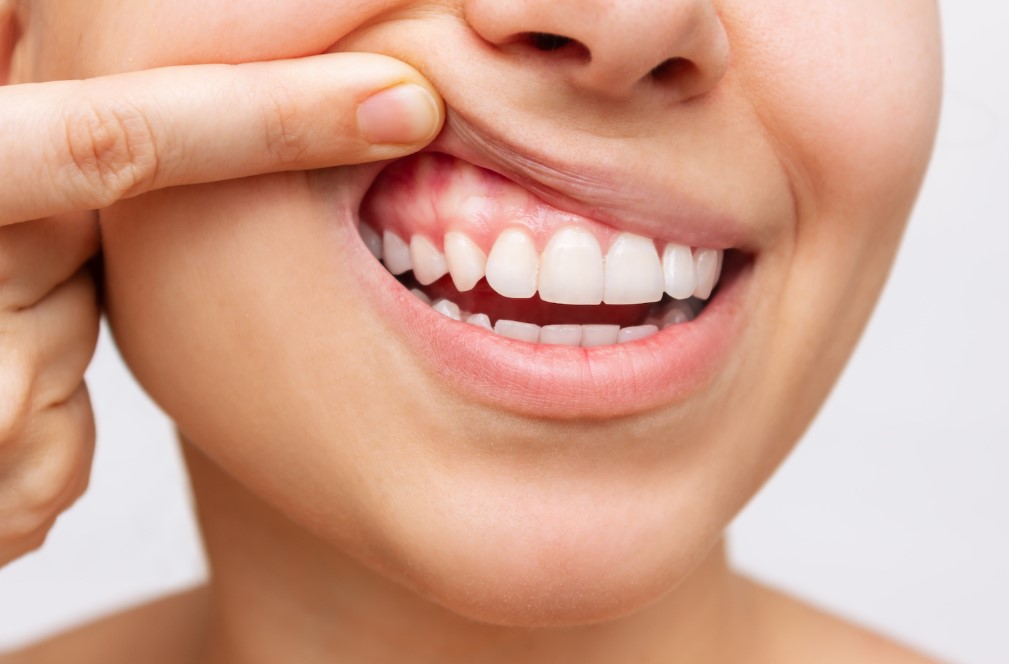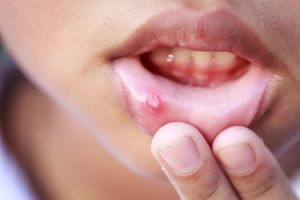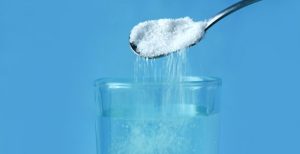
Dental gum care
A beautiful smile with sparkling teeth not only makes your personality attractive but is also indicative of your good health. But unfortunately, indeed, many people are not aware of keeping their teeth healthy. Maybe they don't comprehend the significance of the matter until they go to the dental specialist. If you are a little aware and if you can turn some things into a habit through regular practice, you can smile with healthy teeth for the rest of your life. The most common dental problem that is seen by more or less everyone these days is bleeding gums. Many times, the teeth bleed while laughing or talking and the gums bleed even after eating something solid. Anyway, today we will discuss the causes of bleeding gums and how to solve them at home. Let's first know the reasons - first of all, bleeding gums can be related to other diseases of the body. Although it's anything but a dangerous illness, it can prompt contamination and some of the time cancer if not treated or focused on time.
Some tips to care:
Brush vigorously

Brushing your teeth vigorously can lead to various oral health issues if not done with caution. Excessive force can cause damage to the gums, leading to gum recession, sensitivity, and even gingiva disease. Also, incredible brushing can wear out the defensive polish layer of the teeth, making them more defenseless to cavities and tooth rot. If left untreated or not cared for promptly, these conditions can progress and potentially result in infections or, in rare cases, oral cancer. Therefore, it's important to brush gently and use proper techniques to maintain good oral hygiene.
Vitamin deficiency
Vitamin deficiency can have detrimental effects on oral health if teeth are not treated or cared for promptly. Lacking admission of nutrients, for example, L-ascorbic acid and vitamin D can debilitate the safe framework, making it harder for the body to fend off contaminations in the mouth. Moreover, nutrient inadequacies can influence the trustworthiness of the oral tissues, expanding the gamble of gingiva illness and oral contamination. At times, long-haul nutrient lacks have been related to an expanded gamble of oral disease. Therefore, ensuring a balanced diet rich in essential vitamins is crucial for maintaining oral health.
What is the cause of dust allergies and how to cure the dust allergy?
Side effects of any other drugs

Certain medications can have side effects that impact oral health if teeth are not treated or cared for promptly. Some drugs can cause dry mouth as a side effect, reducing saliva production. Saliva plays a vital role in rinsing away bacteria and maintaining a healthy oral environment. Without adequate saliva, the risk of tooth decay and gum disease increases. Furthermore, a few drugs can debilitate the resistant framework, making the mouth more defenseless to diseases. Prolonged neglect of oral health in these circumstances may contribute to the development of oral infections or, in rare cases, oral cancer. It is essential to communicate with your healthcare provider about any medications you are taking and seek appropriate dental care to mitigate potential oral health risks.
Mouth sores

Dismissing ideal therapy and care for your teeth can expand the gamble of creating mouth wounds, which can prompt contaminations and, in uncommon cases, oral disease. Unfortunate oral cleanliness, like inconsistent brushing and flossing, can add to the development of mouth bruises. These sores provide an entry point for bacteria, leading to infections. Furthermore, persistent mouth sores that do not heal may require further investigation, as they could potentially be a sign of oral cancer. Therefore, proper oral hygiene practices and regular dental check-ups are crucial for preventing and addressing mouth sores.
Hormonal changes during pregnancy.
Hormonal changes during pregnancy can have a significant impact on oral health if teeth are not treated or cared for promptly. Elevated hormone levels can make gums more sensitive and prone to inflammation, leading to a condition called pregnancy gingivitis. If left untreated, pregnancy gingivitis can progress to more severe gingiva disease, increasing the risk of infection. Besides, a few investigations propose a potential connection between unfortunate oral well-being during pregnancy and an expanded gamble of preterm birth or low birth weight. Therefore, maintaining good oral hygiene and seeking regular dental care during pregnancy is crucial for both maternal and fetal health.
Other medical problems like diabetes, leukemia, scurvy, etc.
Neglecting timely treatment and care for your teeth can pose significant risks for individuals with certain medical conditions such as diabetes, leukemia, and scurvy. Poor oral hygiene can worsen the symptoms of these conditions and increase the likelihood of infections. Diabetics are more powerless against gum infection, and untreated gingiva sickness can make it harder to control glucose levels. Leukemia, a sort of blood malignant growth, debilitates the invulnerable framework, making the mouth more defenseless against contaminations. Scurvy, caused by vitamin C deficiency, can lead to gingiva disease and oral infections. Individuals with these medical problems must prioritize proper dental care to mitigate the potential risks of infection and, in some cases, oral cancer.
What are the symptoms of stomach cancer and who is at higher risk?
How to treat it at home:
Cloves

Cloves help to reduce gum inflammation and stop bleeding. Massage a small amount of clove oil or powder on the gums or chew 1-2 cloves. Although it may feel mildly irritating, it will reduce inflammation in your gums.
Aloe vera

Massage a small amount of aloe vera pulp on the gums to reduce bleeding.
Fresh vegetables and fruits

Eat plenty of fresh vegetables and fruits to get healthy gums as it will remove the vitamin deficiency in your body. Chewing raw vegetables and fruits increases the blood circulation to the gums thus reducing bleeding.
Gargling with salt

The easiest way is gargling with salt water. Gargle 3 times a day with a pinch of salt in a glass of warm water.
Vitamin C

Lack of vitamin C causes mouth sores, so eat plenty of vitamin-rich foods such as oranges, lemons, amlaki, etc.
Milk

Milk is rich in calcium which strengthens your gums. But it also contains fat. At the point when you drink milk, its fat can adhere to your gums and this isn't great for your gums. So, whenever you drink milk then definitely brush your teeth.
Baking soda

Dip your toothbrush in baking soda powder and brush. You can mix it with paste if you want.
Honey and garlic

Honey is a very powerful antibacterial tonic. Take half of a clove of garlic and blend it in with a tablespoon of honey and back-rub it on the gums.
Conclusion
Maintaining proper dental gingiva care is vital for overall oral health. Disregarding gum care can prompt gum illness, tooth rot, and other oral medical conditions. Regular brushing, flossing, and using mouthwash help remove plaque and prevent the buildup of harmful bacteria. Additionally, scheduling regular dental check-ups allow for early detection and treatment of any potential issues. By prioritizing dental gingiva care, individuals can reduce the risk of infections, maintain healthy gums, and promote a healthy smile.
Do you know the symptoms, prevention, treatment, and diagnosis of hepatitis B?
Blood cancer (leukemia). Know the signs, be careful!
Read More Articles
Instagram Twitter Facebook LinkedIn Quora Google News
Our Other Engagements:


https://livewithgreen.com/gum-care-for-healthy-life/
.jpg)